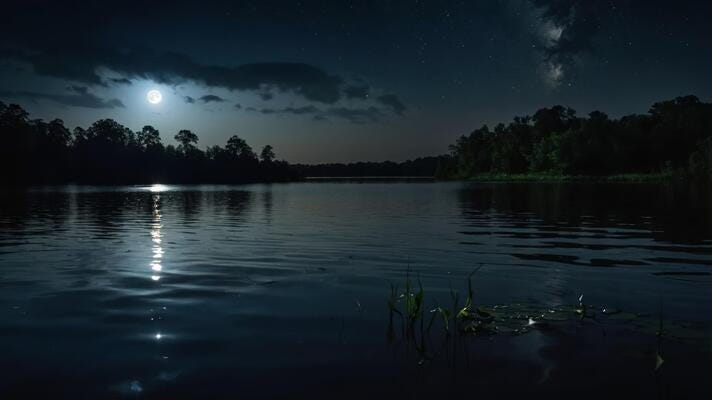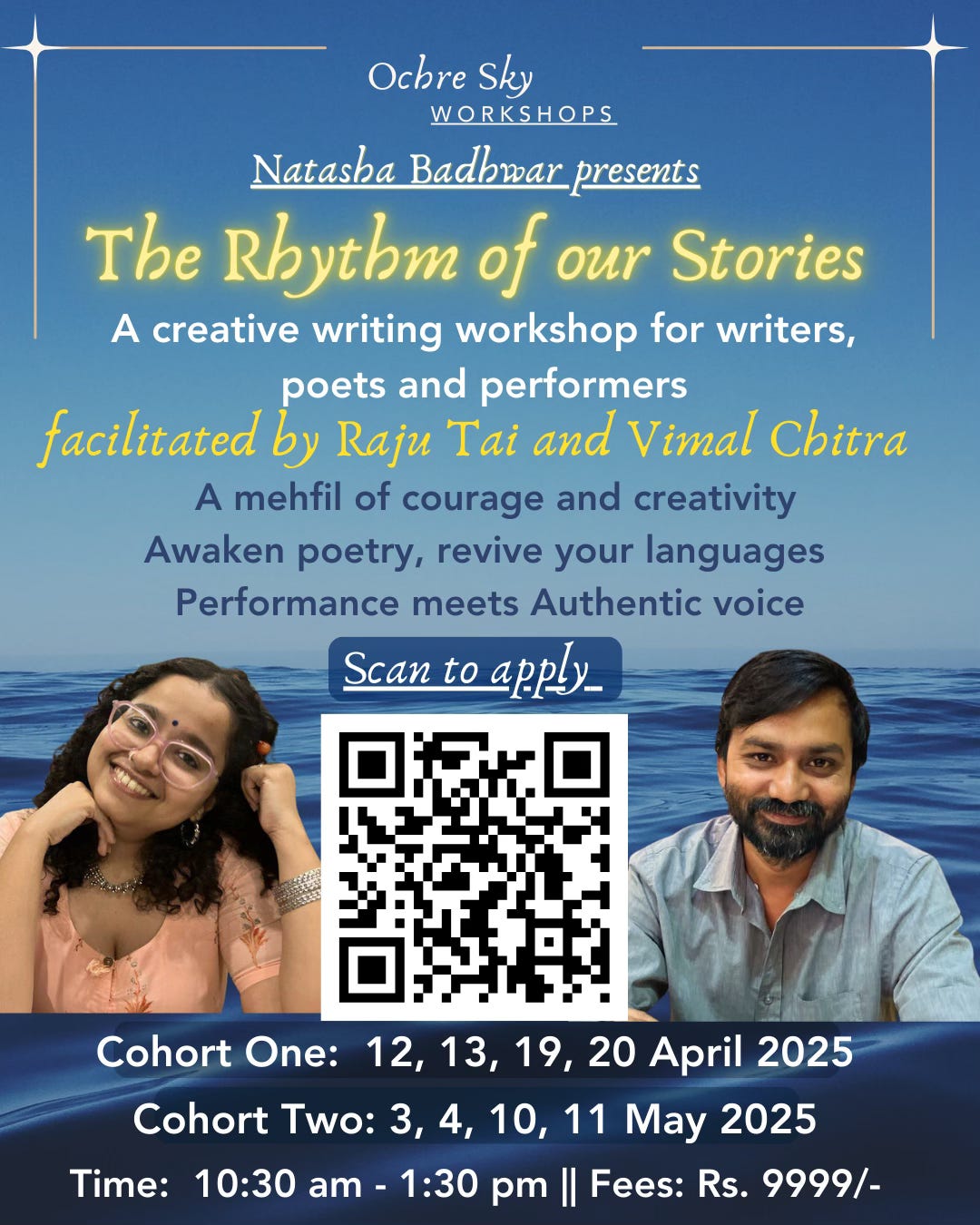The power of the peaceful
Raise your voice, create a ruckus, become bigger than the abuser has imagined you. You have nothing to lose anyway, because everything you are is already at stake.
I had saved his name as Manish Accident Expressway in the list of contacts on my phone. Within a week of his car crashing into mine, I would see him again - this time in his most threatening as well as his most vulnerable state.
I was not looking at the road when Ashok, our driver, first hit the brakes suddenly and swerved the car, immediately hitting the vehicle on our left. We must have been driving at 80 kmph. As soon as my body slammed into the front seats, I looked up and saw a line of four-five people silhouetted against the tail-lights of cars ahead, nervously scampering across the expressway, attempting to cross the road despite high-speed evening traffic.
In the split second in which they had run on to the busy highway, emerging directly before our car, Ashok had saved their lives and ours by choosing to swerve dangerously and deliberately hitting other vehicles on the left.
The second thud of impact came when the cars on the left crashed into each other.
The third came a second or two later, when a speeding car hit us with its full impact from behind, throwing me off the back seat and smashing my face into the car seat ahead of me.
All the cars in the collision that could still drive, slowly moved towards the kerb and parked. I had been on my way home after a full day of teaching a video journalism workshop. We were unusually late that summer evening and it was already dark. As soon as Ashok and I began to get out of our car to check the damage to ourselves and others, we saw the man whose number I would save as Manish Accident Expressway.
Manish had been driving the car that hit us from behind. He abandoned his car in the middle of the expressway and came straight towards us. He was limping painfully and was cursing, abusing and threatening to beat up Ashok. He was a big, heavyset man, and he was in a rage. A crowd had begun to gather and close in on us.
I got out of the back seat of the car and came between Ashok and Manish. “I was driving the car," I said loudly, trying to seem taller and bigger than I am.
“No, he was," said the man, hurling more abuses at Ashok and trying to lunge at him.
“I was driving the car, talk to me," I nearly yelled, looking up to meet his eye. Ashok began to speak about how Manish’s car had hit us from behind, when we were trying to save someone who had run on to the road in front of us. “Go back to the car," I said to Ashok.
Manish was taken aback. Another man next to him spoke to me. “We would have beaten you to a pulp if you had been a man."
“What has happened to your car? Is everyone okay?" I asked Manish. Witnesses began to repeat different versions of whose fault it had been. Some of them were itching to start a fight. I continued to stand in the middle, speaking with as much authority as I could summon.
“Give me your number, we will sort this out between ourselves," I said to Manish. I kept telling Manish what to do instead of letting him tell us what he was going to do. I saved my number in his phone. I spoke to people in other cars that had been in the collision, asking them about damages. I changed the conversation from ‘whose fault is this’ to ‘is everyone okay, who needs the most help?’
The moment of peak road rage began to pass.
When I walked back to my car, I wondered how I was going to pull off the act of not driving it now. I got in the front seat with Ashok and we drove away from the scene slowly, following another woman whose car had also been hit.
My instincts have always been to try to avoid rather than confront violence, but that day I knew that I needed to intervene drastically to be able to save Ashok from being physically assaulted. For once I was in the middle of a conflict on a Delhi road and I was being able to use my gender and class privilege to avert danger.
Many years ago, I had witnessed Afzal, my husband, approach a potentially violent situation by rushing towards it instead of trying to back off.
We had been in our 20s, we were new friends at that time. A young man and woman standing together at a deserted spot on the Yamuna river bank, admiring the dance of silver moonlight on the dark ripples of flowing water. We were at peace in that moment; we were just being ourselves.
Afzal’s motorcycle was parked on the main road behind us. Suddenly a group of men charged towards us on the path leading from the road to the waterfront. The most aggressive among them was in the front.
“What are you two up to?" he yelled. Other men made threatening comments too. One of them stepped forward and slapped Afzal. They were abusing us. They seemed drunk.
“Who are you? What is your problem? We are just standing here." Afzal raised his voice and spoke back at the men.
I felt incredibly vulnerable and scared. I was sure that we were not supposed to escalate the situation. I wanted to plead for peace and request that we be allowed to leave quietly. But Afzal had made a split second decision and was using his will to push back the aggressors. The men backed off. As we approached our motorcycle and drove off, we saw that these men had arrived in a police jeep. All of them were in plain clothes.
For a while I was angry with Afzal for making me more vulnerable in that situation than I already was. I remained convinced that he had increased the danger we were in by acting aggressively with a group that could easily have overpowered us.
Then I began to understand the merit in his approach. If you are being attacked because you seem weak and helpless, amplifying that perception is only going to reinforce the power dynamic that is making the aggressor abuse you in the first place.
Don’t become smaller to save yourself when you feel threatened. Become bigger than the other has imagined you. Make yourself visible, raise your voice, create a ruckus. Threaten the script of the aggressor. You have nothing to lose anyway, because everything you are is already at stake.
Not all battles are fought with physical might and weapons. The real strength is in our mind. In our convictions and our determination to survive with our whole self.
One week after the accident on the expressway, Manish came to our home. He had been sending me threatening texts - “I will file a police case against you.” “I have given your car and phone details to the police.”
I called him on the phone and asked how he was doing, changing the conversation again to how he was recovering. I sent him my address and asked him to come over.
Both of us were recovering from sprained muscles and whiplash, as he sat opposite me, awkwardly drinking tea in my home. Afzal and I helped him claim insurance and pay off the rest of his car repair bills. He admitted that he had misjudged the situation on the road and that he could have averted the collision between his car and ours.
Our youngest daughter was playing at home when he visited. “I have two daughters of my own," he said, almost welling up.
I said all kinds of words to him about the preciousness of being a parent and our responsibility towards the children we are raising. Finally I felt safe about being myself again.
An earlier version of this essay was published here.
Join my friends and me at
Details of our upcoming workshops with and are here: RHYTHM of our STORIES







Natasha, I learn so much from you. I could never imagine dealing with this situation the way you did. You give courage and compassion a meaning that is not known to the world yet. I believe it is only possible with a heart that extends itself to the world across its complexities and confusions. I will sit with what you have shared. ❤️
I felt amazed at, 'I changed the conversation from ‘whose fault is this’ to ‘is everyone okay, who needs the most help?’
and cried at 'Our youngest daughter was playing at home when he visited. “I have two daughters of my own," he said, almost welling up.'
Between these two lines is a whole philosophy. Thank you for this impeccable storytelling.